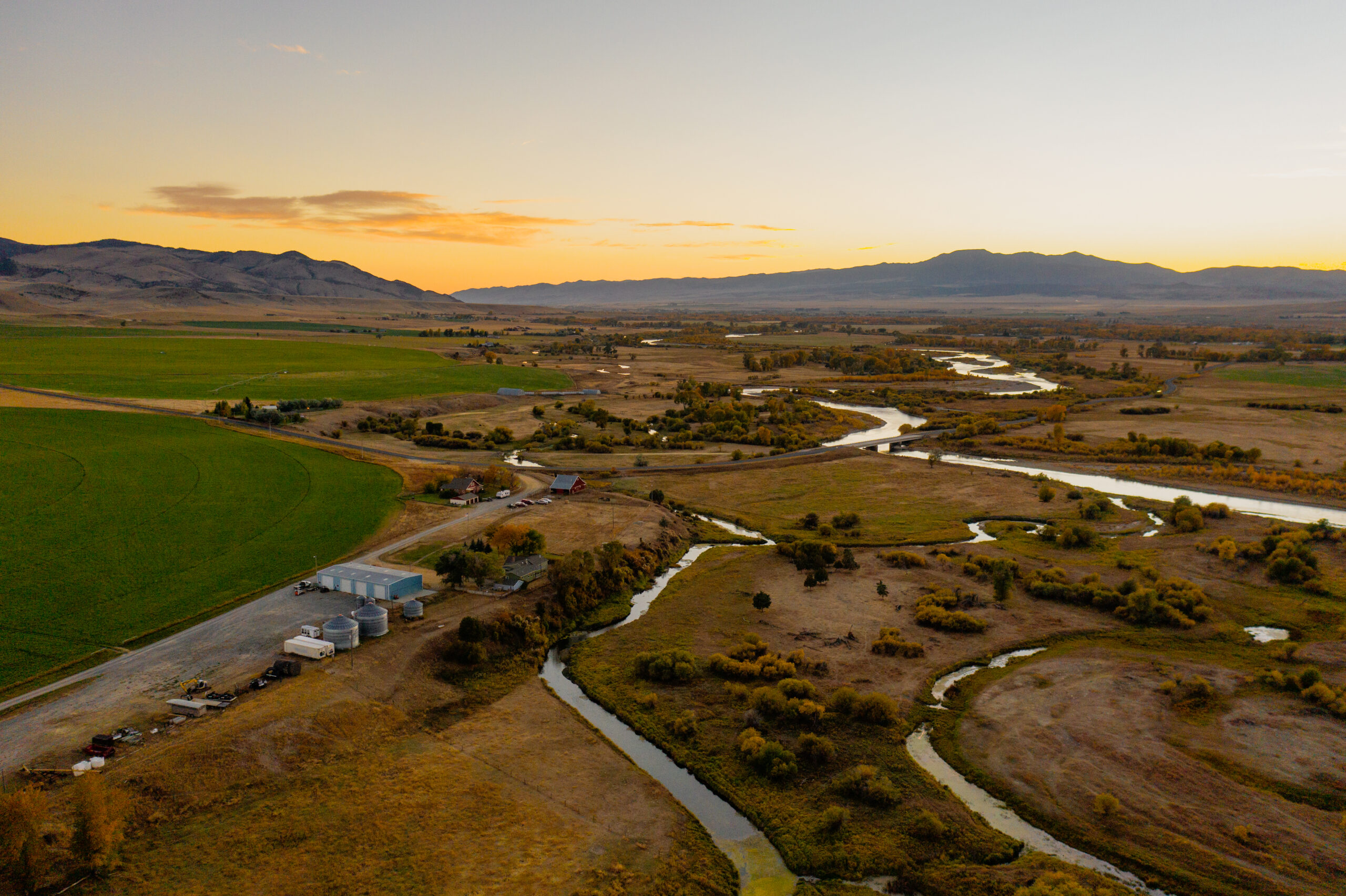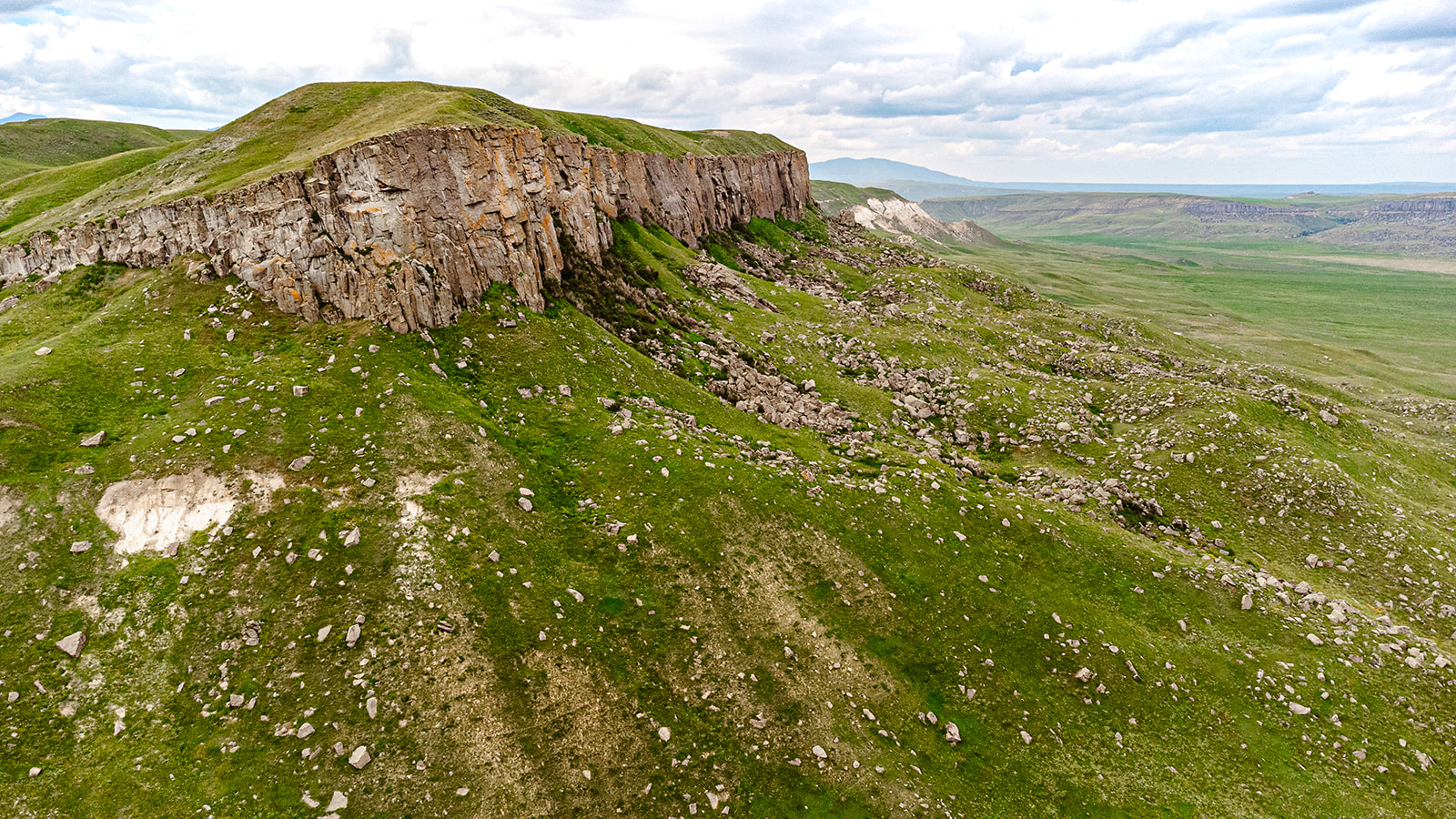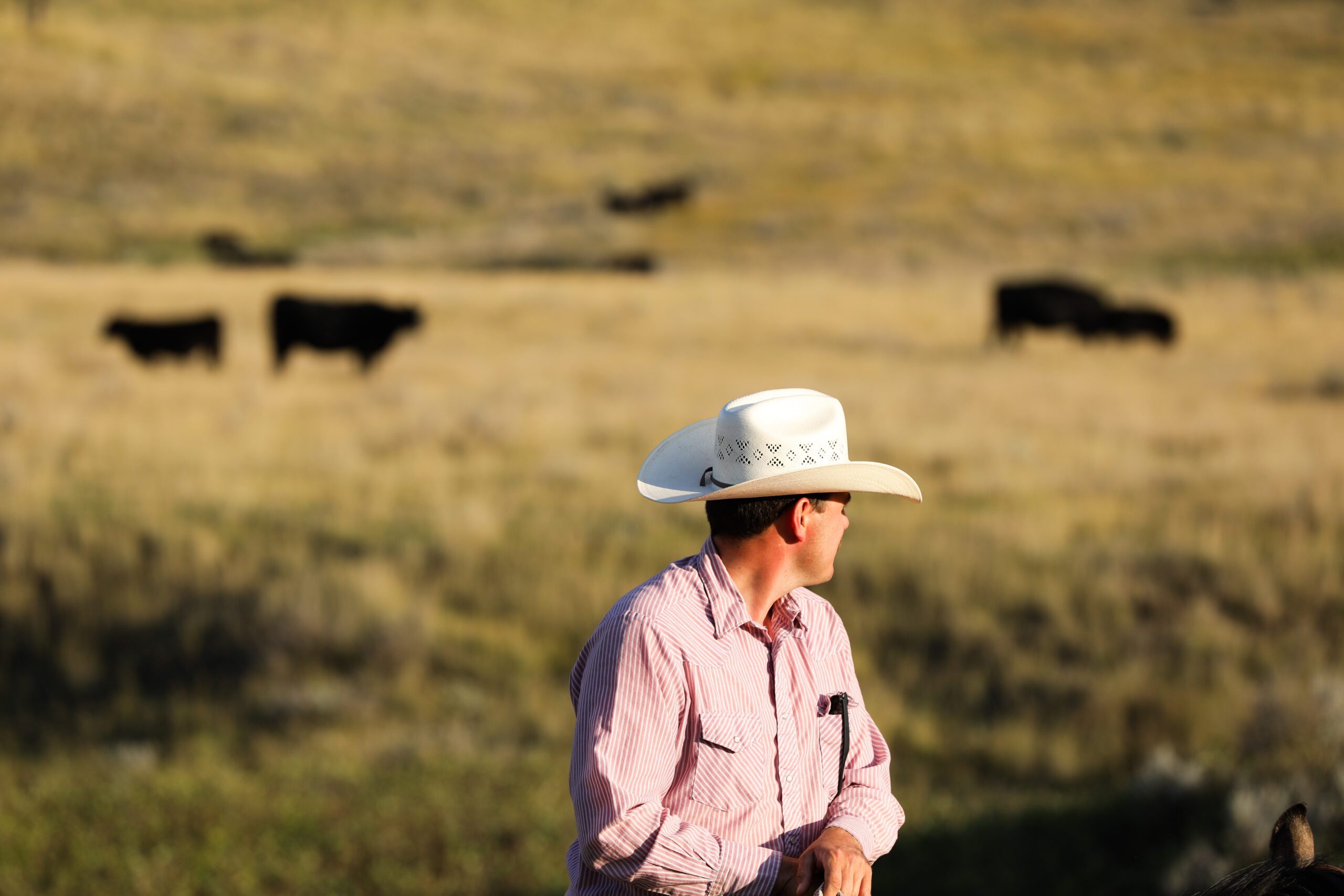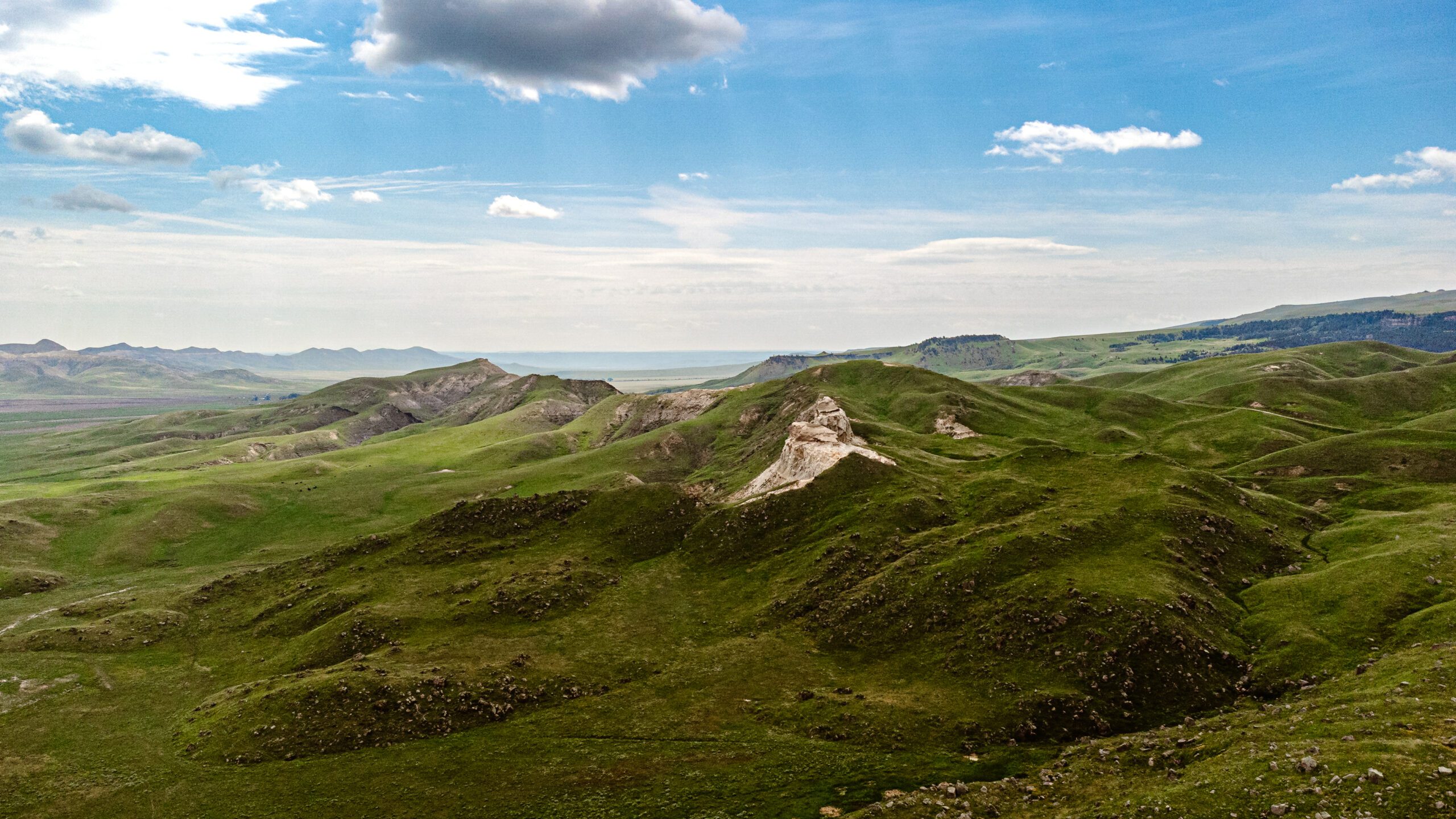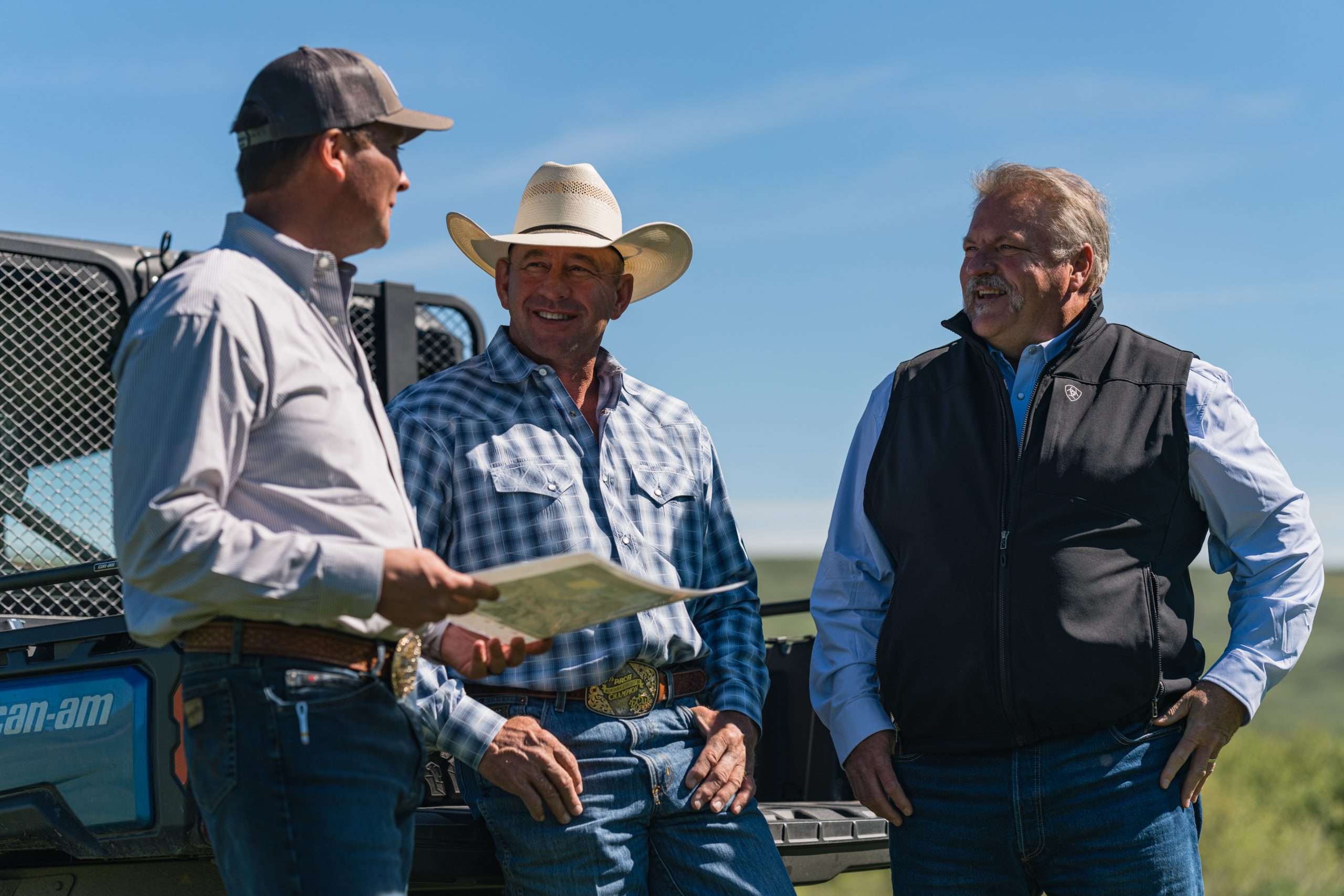Understanding Conservation Easements
With more than 58.1 million acres of farm and ranch land, Montana has its fair share of wide open spaces. Keeping Big Sky Country that way might prove a bit more challenging. Amidst record land prices and demand, open and agricultural land is being replaced by residential and commercial developments—fueled by the recent exponential population growth. Montana landowners interested in protecting their ranch from future development might consider implementing a conservation easement. The benefits of a conservation easement can offset the rising costs of landownership in Montana and can help keep working farms and ranches operational—and keep the land in the family.

Conservation easements are legal agreements a landowner can enter into with a land trust or government agency to permanently limit development of their privately owned land and protect the existing use of their land. Defined by state law, goals for a conservation easement must be either to preserve the agricultural value of the land, protect wildlife and natural habitats or to conserve open spaces for public benefit. Commercial, residential and industrial development, as well as surface mining are prohibited by most conservation easements. The primary goal of conservation easements is to forever protect private land from development, maintaining the agricultural, wildlife and recreational attributes of that land.

In addition to conserving the value of the land for future generations, landowners may qualify for federal and estate tax benefits. Tax benefits are issued in consideration of the donation of the land to the easement and to help offset the reduced value of the land once the development potential has been limited. Some landowners may alternatively receive financial compensation for their easement if they can find an organization willing to purchase the land. However, the value of easement tax benefits is usually greater than the purchase price that the limited budgets of most land trusts and government agencies allow.
The terms of conservation easements are typically proposed by the landowner, including the type of use permitted on the land and the area or assets that are included in the easement. The terms of each conservation agreement are unique, but they generally don’t change the way the land is being used by its current owner. Most conservation agreements align the future use goals for a property with the current. Easements run with the land and are usually granted in perpetuity—no matter who the titleholder, the easement will remain in place and permanently conserve the land.

Landowners interested in a conservation easement for their property should contact a Montana land trust organization or state agency to find out if their land qualifies for a conservation easement and to get a thorough understanding of the contract.
Well-known organizations for conservation easements in Montana include:
- Gallatin Valley Land Trust
- Montana Land Reliance
- The Nature Conservancy
- Natural Resources Conservation Service Montana (NRCS)
- The Montana Department of Fish, Wildlife and Parks (Montana FWP)

The value of an easement should be determined by a qualified appraiser, and according to Montana Association of Land Trusts, “The value of a conservation easement is the difference between the value of the land unencumbered by a conservation easement, and the value of the land after the easement encumbers the land.”
Western Ranch Brokers also recommends seeking counsel from a team of advisors such as an attorney, tax accountant, financial advisor and real estate broker to make sure that you understand all of the implications of a potential easement as you consider future plans, doing what is best for your land and for your family.
Whatever your goals are for your Montana ranch, Western Ranch Brokers can help—our team of local ranch experts will work with you to successfully navigate the sometimes complex ranch real estate market.
Contact us to learn more about conservation easements or the Montana ranch market and find out how we can go to work for you.


